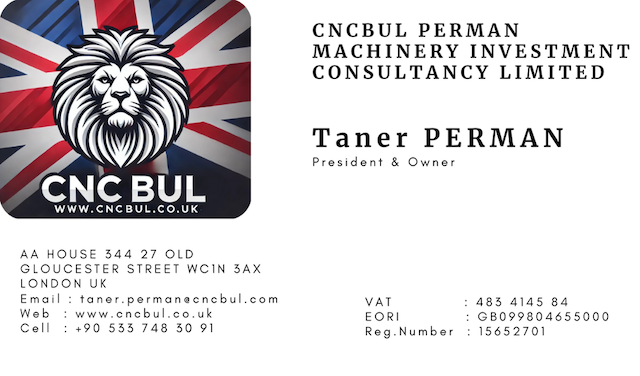What is Granulator for Plastics Industry?
A granulator in the plastics industry is a machine designed to reduce plastic waste into small, uniform granules or pellets. These granules can then be reused in the production process, making granulators an essential component in plastic recycling and manufacturing. Here’s a detailed explanation of what a granulator for the plastics industry is and how it works:
Purpose of a Granulator
- Recycling Plastic Waste: Granulators convert plastic waste from production lines, post-consumer plastics, and defective products into reusable granules.
- Cost Efficiency: By recycling plastic waste, manufacturers can reduce material costs and minimize waste disposal expenses.
- Environmental Impact: Granulating plastic waste reduces the environmental footprint by promoting recycling and reducing landfill use.
- Feedstock for Production: The granules produced can be used as raw material for making new plastic products, ensuring a continuous supply of material.
Key Components of a Plastic Granulator
- Hopper: The input chamber where plastic waste is fed into the machine.
- Cutting Chamber: The main area where the plastic is granulated. It houses the rotor and stationary knives.
- Rotor: A rotating assembly equipped with multiple blades or knives that cut the plastic into smaller pieces.
- Stationary Knives: Fixed blades positioned opposite the rotor blades to facilitate the cutting action.
- Screen: A mesh or perforated plate that determines the size of the granules. Only pieces small enough to pass through the screen exit the cutting chamber.
- Motor: Powers the rotor, providing the necessary force to cut the plastic material.
- Collection Bin: Where the granulated plastic is collected after passing through the screen.
Types of Plastic Granulators
- Beside-the-Press Granulators: Smaller granulators located near injection molding machines, used for granulating small amounts of scrap.
- Central Granulators: Larger units capable of handling high volumes of plastic waste from multiple sources in a factory.
- Soundproof Granulators: Designed with noise reduction features for operation in environments where noise control is essential.
- Thermoforming Granulators: Specialized granulators for processing thin-walled plastic waste from thermoforming processes.
Granulation Process
- Feeding: Plastic waste, such as sprues, runners, off-cuts, or defective products, is fed into the hopper.
- Initial Cutting: The plastic waste enters the cutting chamber where the rotor blades rotate at high speed, shearing the material against the stationary knives.
- Size Reduction: The plastic is continuously cut until the pieces are small enough to pass through the screen.
- Screening: The granulated plastic passes through the screen, ensuring uniform size. Oversized pieces remain in the cutting chamber for further reduction.
- Collection: The uniformly sized granules are collected in the collection bin or conveyed for further processing or reuse.
Advantages of Using a Granulator
- Efficient Recycling: Enables efficient recycling of plastic waste, reducing the need for virgin plastic materials.
- Cost Savings: Lowers material costs by reusing waste plastic in the production process.
- Environmental Benefits: Reduces landfill waste and the environmental impact of plastic disposal.
- Consistent Quality: Produces uniform granules that can be easily reintroduced into manufacturing processes.
- Space Savings: Compact granulated plastic takes up less space compared to bulkier waste forms.
Applications of Granulated Plastic
- Injection Molding: Reprocessed granules can be used as raw material for new injection-molded products.
- Blow Molding: Granules can be used in blow molding to create hollow plastic products like bottles and containers.
- Extrusion: Granules serve as feedstock for extrusion processes to produce plastic films, pipes, and profiles.
- Compounding: Granulated plastic can be mixed with virgin plastic, additives, and colorants to create custom plastic compounds.
Advanced Features
- Automation and Control Systems: Modern granulators come with automation features for ease of operation and monitoring.
- Soundproofing: Advanced soundproofing materials and designs reduce noise levels during operation.
- Energy Efficiency: Newer models are designed to consume less energy, making the granulation process more sustainable.
- Safety Features: Equipped with safety interlocks, emergency stop buttons, and protective covers to ensure operator safety.
Conclusion
Granulators are vital machines in the plastics industry, playing a key role in recycling and material reuse. By efficiently converting plastic waste into reusable granules, they help manufacturers reduce costs, improve sustainability, and promote environmental responsibility. The granulation process involves cutting, screening, and collecting plastic waste, transforming it into uniform granules ready for use in various manufacturing processes. With advancements in technology, granulators have become more efficient, quieter, and safer, making them indispensable tools in the pursuit of a circular economy in the plastics industry.

